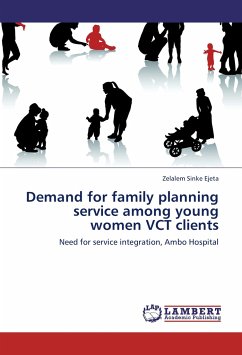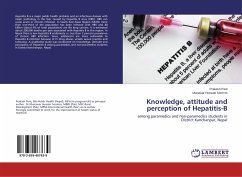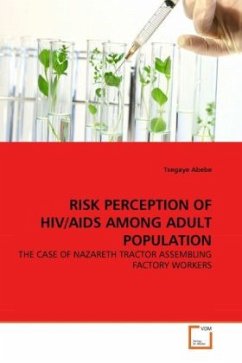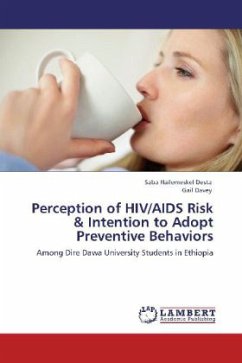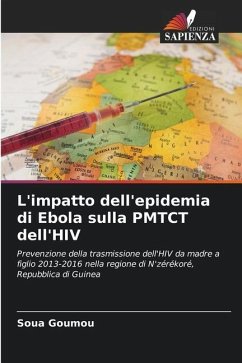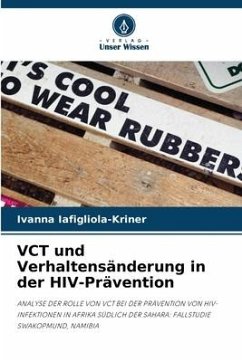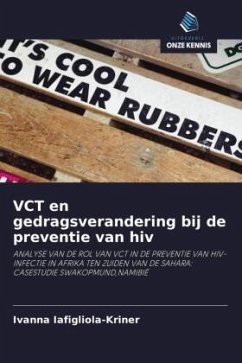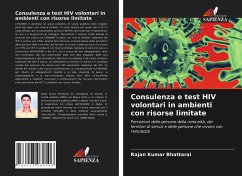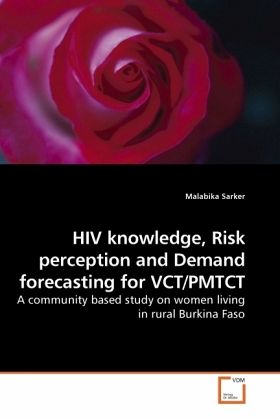
HIV knowledge, Risk perception and Demand forecasting for VCT/PMTCT
A community based study on women living in rural Burkina Faso
Versandkostenfrei!
Versandfertig in 6-10 Tagen
32,99 €
inkl. MwSt.

PAYBACK Punkte
16 °P sammeln!
This community based study among young women explored perception of risk and demand for VCT and PMTCT. Knowledge about condom use as a means to prevent HIV was very low and nearly two-thirds of the women were unaware that a person can have HIV without symptoms. The majority of women perceived themselves as to be at some risk of HIV infection. A lack of trust in a male partner, and partner s promiscuity were the most common reasons given for perceived high personal risk. Women believed that a woman would go for HIV testing if she felt to be at risk. Women correctly understood that their own and...
This community based study among young women explored perception of risk and demand for VCT and PMTCT. Knowledge about condom use as a means to prevent HIV was very low and nearly two-thirds of the women were unaware that a person can have HIV without symptoms. The majority of women perceived themselves as to be at some risk of HIV infection. A lack of trust in a male partner, and partner s promiscuity were the most common reasons given for perceived high personal risk. Women believed that a woman would go for HIV testing if she felt to be at risk. Women correctly understood that their own and their partner s risk was bound together but believed that a woman could not disclose her seropositive status to her partner. This underlines the importance of male involvement in a PMTCT program because temporary migration from Nouna District to the Ivory Coast is not uncommon and polygamy is legally possible and practiced. The elevated perceived willingness to participate in a VCT/PMTCT program if provided with anti retro viral therapy (ART) indicates that a successful program needs to be actually beneficial to the participants.



